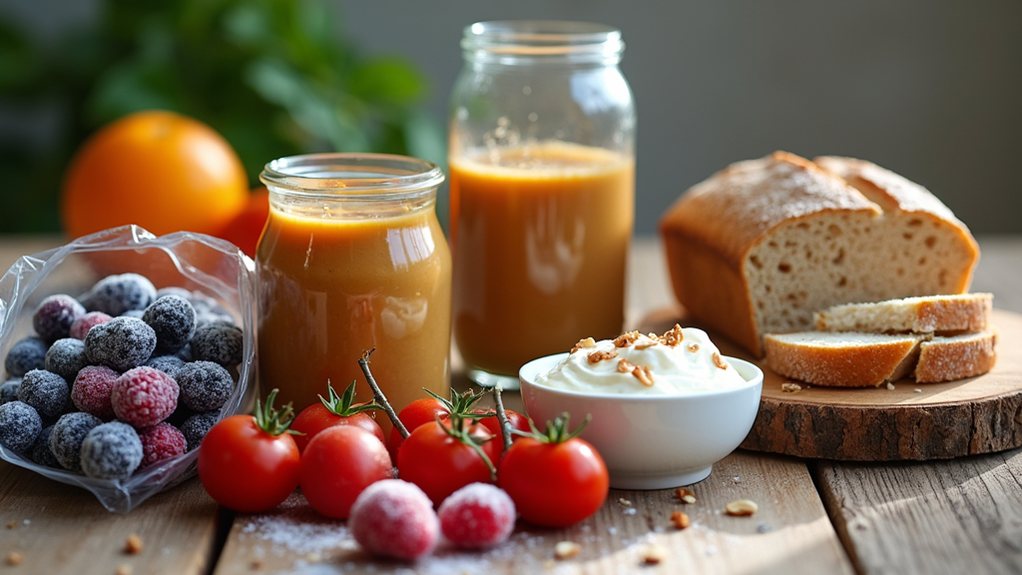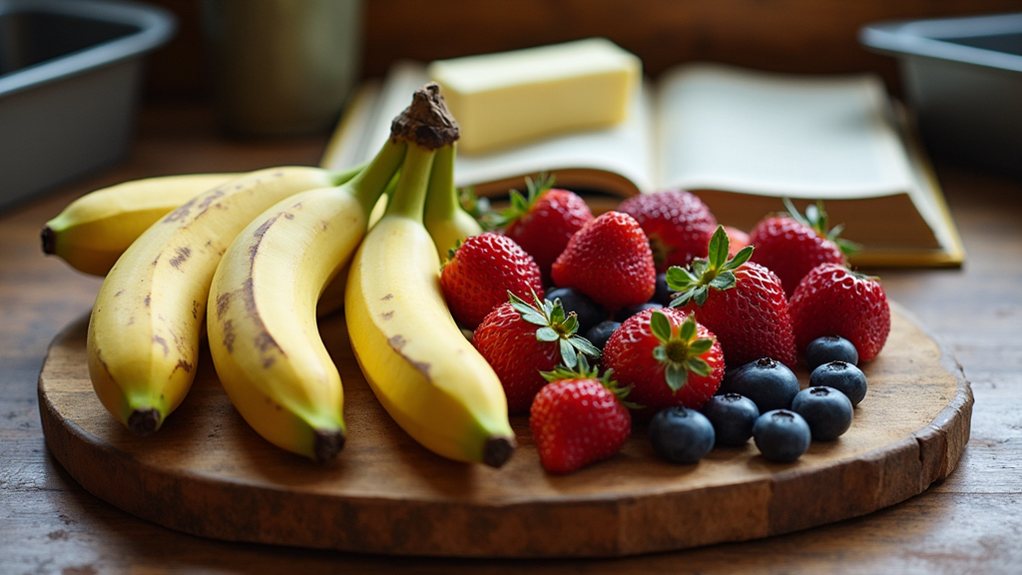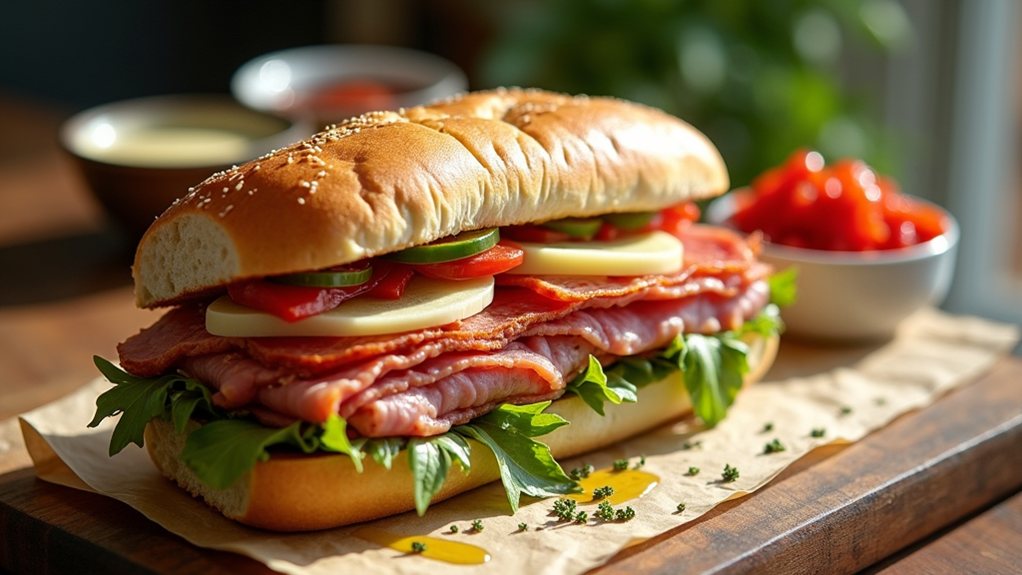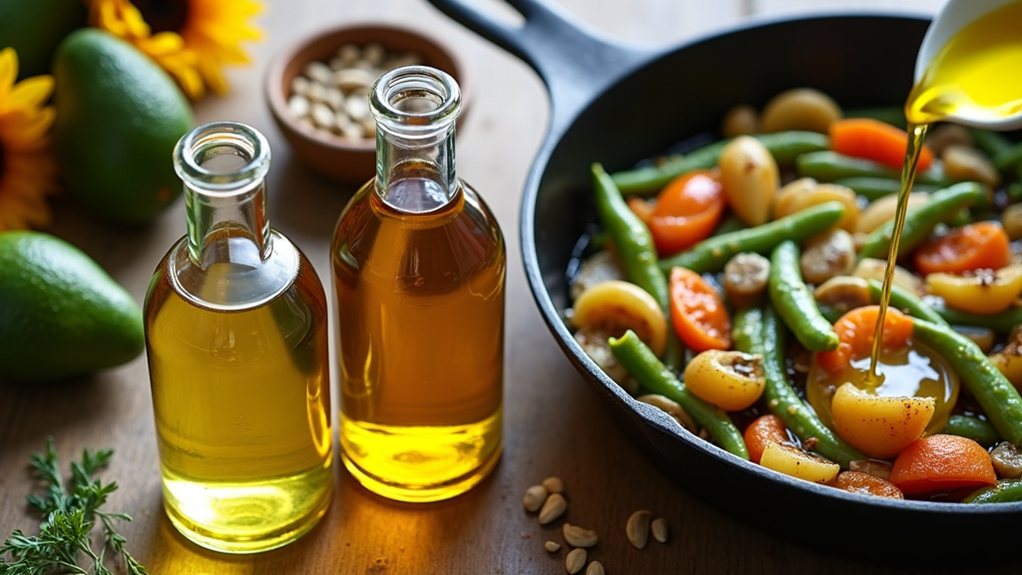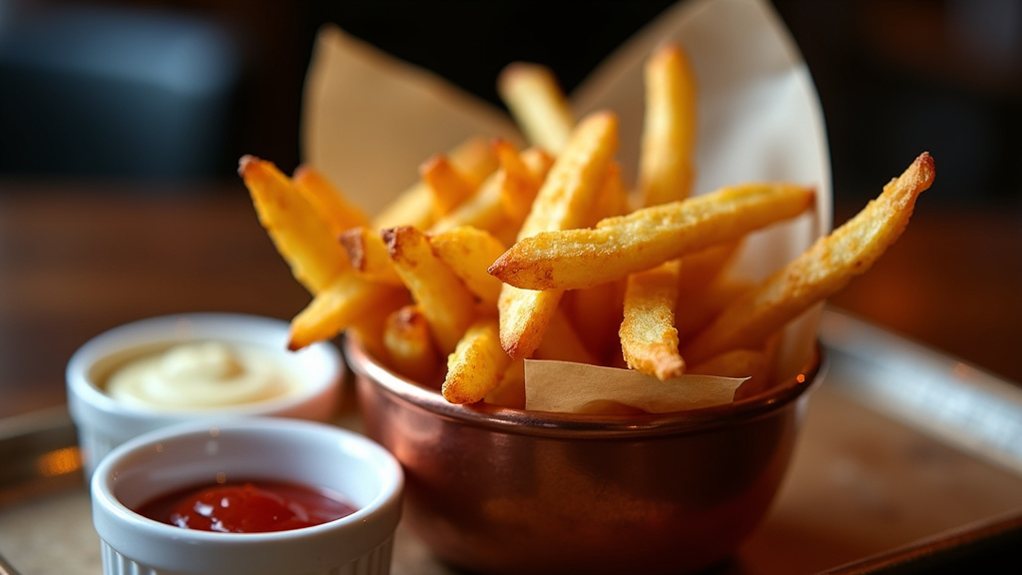The term “processed foods” often triggers immediate concern among health-conscious consumers, yet this broad category deserves a more nuanced perspective. Many minimally processed options actually improve nutritional intake while providing unmatched convenience in today’s fast-paced world. Canned beans, frozen vegetables, and fortified plant milks offer crucial nutrients that might otherwise be missing from one’s diet. The key distinction lies not in processing itself, but in understanding which processed foods truly support wellness versus those that undermine it.
Nutritional Benefits of Minimally Processed Foods
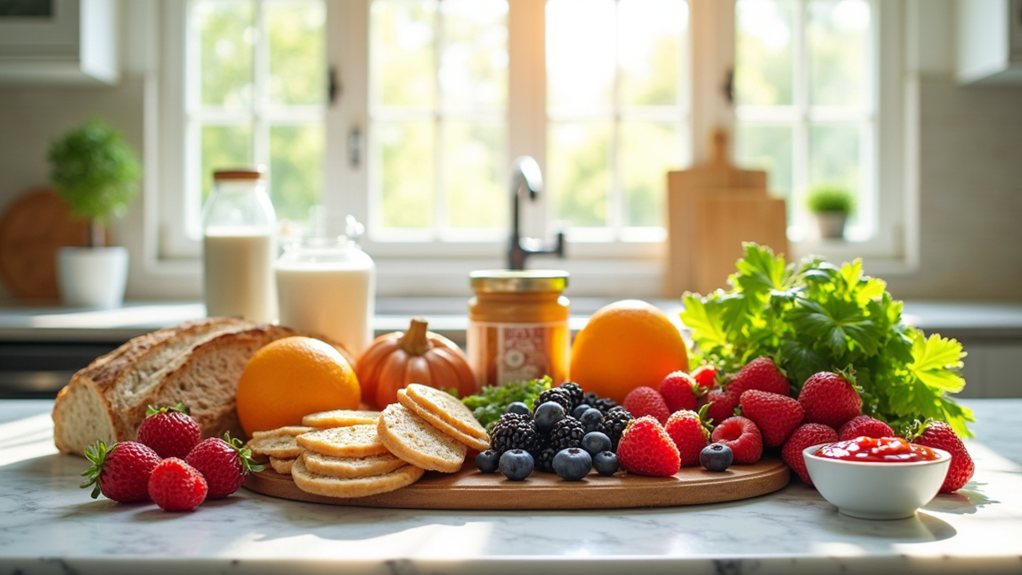
Most people have heard that processed foods are unhealthy choices to be avoided whenever possible, but this widely-accepted belief doesn’t tell the complete story. The reality is that not all processed foods deserve their bad reputation, and many offer significant nutritional benefits alongside their convenience.
Processing techniques like canning, freezing, and pasteurization actually serve essential purposes, including extending shelf life and eliminating harmful bacteria that could cause foodborne illnesses.
Some processed foods are specifically designed to address nutritional gaps in our diets. Fortified plant milks provide calcium and vitamin D for those who don’t consume dairy, while iodized salt has nearly eliminated iodine deficiency disorders in many countries. These intentional nutritional improvements make certain processed foods valuable additions to a balanced diet, particularly for individuals with specific dietary restrictions or requirements.
The distinction between processed and ultra-processed foods is vital for making informed dietary choices. While ultra-processed foods like sugary breakfast cereals and packaged snack cakes typically contain concerning levels of sugar, salt, and artificial additives, many minimally processed foods retain their nutritional integrity. Fermentation processes can create foods containing beneficial probiotics and nutrients that support gut health and overall wellbeing.
Frozen fruits and vegetables, for example, are often flash-frozen at peak ripeness, preserving nutrients that might be lost during transportation of “fresh” alternatives. Even condiments like mustard and soy sauce contain natural preservatives that make refrigeration optional rather than necessary for safety. Just as new potatoes showcase high moisture content when harvested early, certain frozen vegetables maintain their natural sweetness through proper processing techniques.
Convenience shouldn’t be overlooked as a genuine benefit of processed foods in our busy modern lives. Canned beans, which are rich in fiber and protein, require minimal preparation compared to their dried counterparts, making nutritious meals more accessible.
Likewise, canned tomatoes provide lycopene, an antioxidant that becomes more bioavailable through the canning process, supporting heart health more effectively than raw tomatoes.
The key to incorporating processed foods healthfully lies in selective consumption. Nutrient-dense options like natural peanut butter, yogurt with active cultures, and whole grain breads offer genuine nutritional benefits alongside their convenience. Unlike ultra-processed foods that constitute nearly 60% of American caloric intake, these minimally processed alternatives can be part of a balanced diet without the same health concerns.
